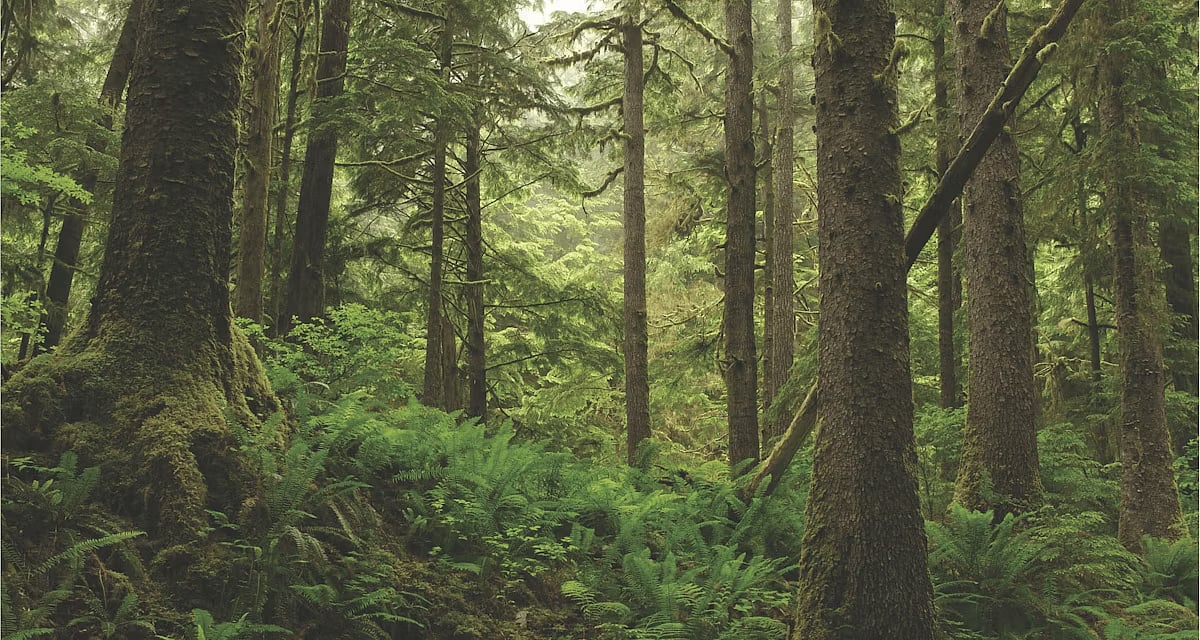“First things first, we switch off all lights, no deck lights, so that even if we are boarded, the attackers wouldn’t know where is what. We conceal the barbed wire so they can’t find their way about. The portholes are covered up and except for a navigation light, it is all dark. But we keep the AIS (Automatic Identification System) switched on.”
Kedar Pradhan, pushing 60 years of age now, has been out at sea since he passed out from Holy Family High School in Bombay’s Andheri East in 1983. He is recalling the standard practices followed by the merchant marine in sailing up and down the Bab el-Mandeb, the strait opening to the Red Sea, and off the coast of eastern Africa’s Somalia where Indian Navy commandos drove away potential hijackers of a cargo vessel on Friday.
He is describing how he skippered a ship, a Singapore-flagged bulk carrier, through the Bab-el-Mandeb (the Gates of Grief) at the mouth of the Red Sea leading up to the Suez Canal. His ship had loaded urea at Muscat in Oman, sailed to Kandla and Mundhra on the Gujarat coast and was then heading to Egypt, up the Red Sea through the Suez Canal. There is a photograph of him flanked by two armed escorts wielding automatics.
“I am usually on the bridge,” he said. His 55,000-tonne bulker had a crew of 23 — 12 of them officers — on his last voyage up and down the Red Sea. “We are in blackout mode and keep an eye on the water. The attacks are usually an hour or two before the sun goes up or an hour or two before the sun goes down. So, I am keeping an eye out for skiffs and little boats. There is a lot of through traffic across the strait between Eritrea and Yemen.”
The Bab-el-Mandeb, where the Houthi rebels of Yemen have attacked or attempted to attack ships to and from Israel (or are Israeli-owned), is 32 km wide. On its Yemeni side is the island of Perim that divides the strait in two. The island was once a British and later a Soviet military base. “There are such islands all around, brown and barren, that could serve as launchpads for attacks,” says Pradhan.
The stated intent of the Houthis is to enforce a ceasefire on Israel’s attacks in the Gaza Strip.
In response to the Houthi threat, a US-led coalition has begun Operation Prosperity Guardian (OPG), a coalition of navies that have been largely ignored by the Arab world and also many Western countries barring the UK. But fear that the Houthi blockade in the Red Sea may push up prices in Europe is likely to see the flotilla of US-led ships, that include the USS Dwight David Eisenhower carrier strike group, launch attacks on suspected Houthi sites.
On the face of it, the Houthi are no match for the military might of such a force. But the Yemeni outfit’s residence in the waters and around them, allegedly backed by Iran, gives them an ability to punch above their weight.
Such a military calculus of course ignores how aghast Arabs are over Israel’s genocide. At last count, the Euro Med Human Rights Monitor reported 30,676 killed (12,040 children, 6,103 women, 28,201 civilians) in Gaza till January 4, after the Hamas attacks in Israel on October 7 that killed an estimated 1200 persons.
“The world has seen how the Israelis have responded to the Hamas attacks and the Americans should actually put pressure on Israel to end their punishment of the Gazan civilians,” says Admiral Arun Prakash (retired) former chief of the Indian Navy from July 2004 to October 2006. “Otherwise, with the Houthis attacking merchant shipping, the world and the man-on-the-street will be paying the price for Israeli obduracy,” he adds.
Major cargo lines Maersk, Hapag-Lloyd and Middle Eastern Shipping are routing via the Cape of Good Hope in the southern tip of Africa. The voyage adds two weeks of time plus millions of dollars in fuel and insurance costs.
Despite being viewed largely as a pariah force, the Houthis are the only ones that are perceived as having taken kinetic action in support of the Palestinians. The regimes of the world may not support them but they have gained empathy on Arab Street.
The Indian commando action off the Horn of Africa this week has only served to emphasise what a geopolitical hotspot the waters around the region are churning up. India has so far operated on the periphery of international naval coalitions without formally joining them. Events on its western seaboard — where a merchant vessel, the Chem Pluto, was attacked by a suspected drone last month — may combine with western nations’ lack of resources to force a more proactive role on New Delhi.
All of this ignores the humanitarian requirement — keeping the Bab-el-Mandeb and the Suez Canal open and free for access for aid to sail up to the Gaza Strip on the Mediterranean Coast. The logic of having two US carrier strike groups — the other one being the USS Gerald Ford’s in the Mediterranean — in a fragile area means only more militarisation in one of the world’s most important gateways.
Gateways are meant to be just that — entrances and exits that allow for flow of goods and people — for exchanges that allow humans to lead better lives. Instead, the rationale for their existence is being upturned.
At last count, Djibouti, that along with Eritrea faces the Bab-el-Mandeb, alone had eight foreign military bases. Iran has sailed a surveillance ship and a frigate up it into the Red Sea, a move that Westerners suspect is designed to supply intelligence to the Houthis, the Russians are eyeing a naval base in Eritrea and India has four warships in the region. That’s a lot of gunpowder in a small pocket.
Thankfully, old sea dogs like the merchant marine captain Kedar Pradhan are back home in Mumbai facing west into the Arabian Sea. The younger ones are still out there.
Sujan Dutta is a journalist based in Delhi. He tweets from @reportersujan










